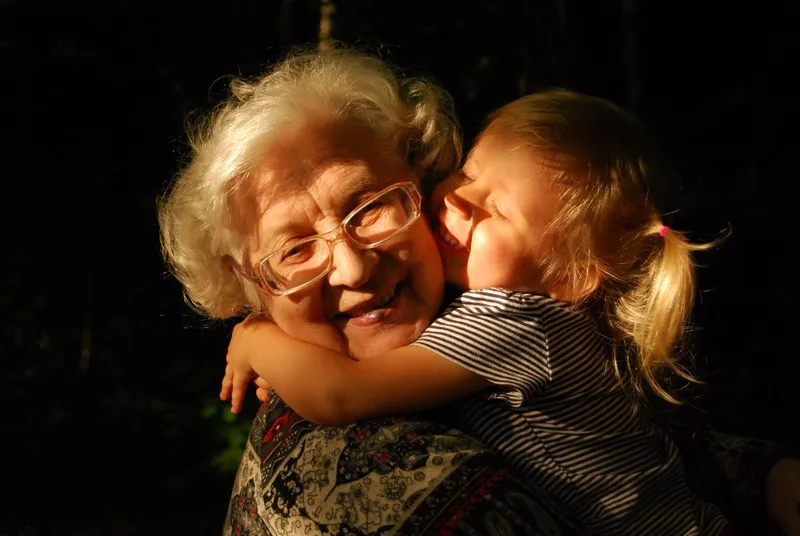Table of Contents
- The Family as an Agent of Socialization
- Sociological Theories on the Family’s Role in Socialization and Cultural Transmission
- The Role of Families in Challenging Societal Norms
- Conclusion
Families have long been recognized as the primary agents of socialization, playing a crucial role in the transmission of culture across generations. Through the processes of socialization and cultural transmission, families impart the values, beliefs, norms, and practices that shape individual identities and societal structures. These functions are vital for maintaining social continuity and ensuring the survival of cultural traditions. However, the role of families in socialization and cultural transmission is also a site of dynamic change, influenced by broader social, economic, and technological shifts. This article will explore how families function as agents of cultural transmission, as well as how different sociological theories explain the family’s role in either maintaining or challenging societal norms.
The Family as an Agent of Socialization
Socialization is the process by which individuals learn and internalize the norms, values, and behaviors necessary to function as members of society. It is through socialization that individuals develop their identities, acquire social skills, and learn how to navigate the social world. The family is the first and most influential social institution responsible for this process, particularly during the early years of life.
From the moment a child is born, the family begins the work of socialization. Parents and other family members introduce the child to the cultural norms and values of their society, teaching them how to behave, what to believe, and how to interact with others. This process includes everything from basic manners and language acquisition to more complex understandings of social roles, gender expectations, and moral values. The family serves as the primary context in which children learn the cultural codes that will guide their behavior and shape their interactions with the wider world.
Primary and Secondary Socialization
Sociologists distinguish between primary socialization and secondary socialization. Primary socialization occurs within the family during the early years of life, where children first learn the basic norms and values of their culture. This phase of socialization is crucial because it lays the foundation for all future learning and social interaction. The family is responsible for instilling the fundamental beliefs and behaviors that will shape the child’s identity and worldview.
Secondary socialization, on the other hand, occurs outside the family, in institutions such as schools, peer groups, workplaces, and the media. While these institutions play a significant role in shaping individuals, the family remains the primary agent of socialization, particularly during the formative years. The values and norms learned within the family continue to influence an individual’s behavior and attitudes throughout life.
Cultural Transmission Across Generations
Cultural transmission refers to the way in which culture—comprising beliefs, values, customs, and practices—is passed down from one generation to the next. The family plays a central role in this process, serving as the primary conduit through which cultural knowledge and practices are transmitted. Through daily interactions, rituals, and traditions, families ensure the continuity of cultural heritage and the reinforcement of societal norms.
Cultural transmission within families can take many forms, including language, religious practices, dietary customs, and social rituals. For example, parents may teach their children traditional stories, songs, and ceremonies that reflect their cultural heritage. Families may also pass down specific customs related to marriage, birth, and death, ensuring that these practices are preserved across generations. By transmitting cultural knowledge and practices, families help to maintain the identity and continuity of cultural groups.
However, cultural transmission is not a static process. As societies evolve, so too do the cultural practices and norms that families transmit. Globalization, migration, and technological advancements have all contributed to the diversification and hybridization of cultural transmission, leading to new forms of cultural expression and identity. While families continue to play a central role in this process, they do so in a context of increasing cultural diversity and change.
Sociological Theories on the Family’s Role in Socialization and Cultural Transmission
Different sociological theories offer varying perspectives on how families function as agents of socialization and cultural transmission. These perspectives highlight the complex and multifaceted nature of the family’s role in either maintaining or challenging societal norms.
Functionalist Perspective
The functionalist perspective views the family as a key institution in maintaining social stability and cohesion. Functionalists argue that the family plays a crucial role in socializing children into the norms and values of society, ensuring the continuity of the social order. By transmitting cultural beliefs and practices, families contribute to the reproduction of a shared value system, which is essential for social integration and stability.
Functionalists such as Talcott Parsons emphasize the importance of primary socialization within the family. According to Parsons, the family is responsible for instilling the core values of society, such as the importance of work, respect for authority, and adherence to social norms. These values are essential for the functioning of other social institutions, such as education, the economy, and the legal system. In this view, the family is seen as a stabilizing force that helps to maintain the continuity of culture and the smooth functioning of society.
Marxist Perspective
Get the full article AD FREE. Join now for full access to all premium articles.
View Plans & Subscribe Already a member? Log in.





